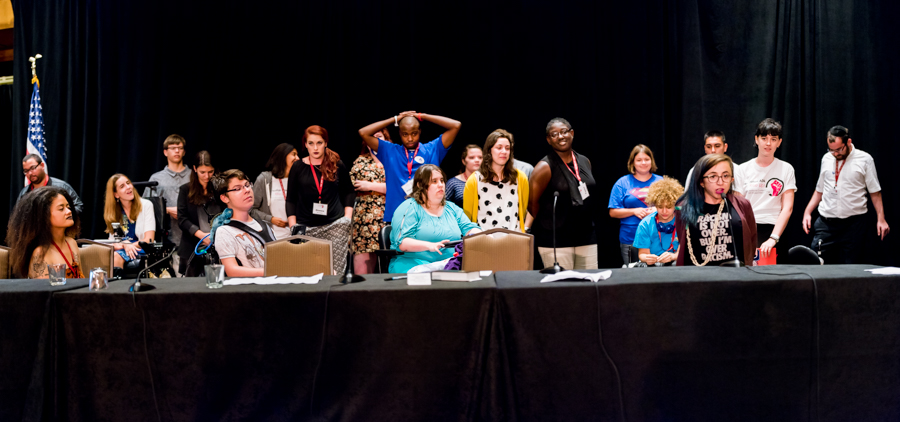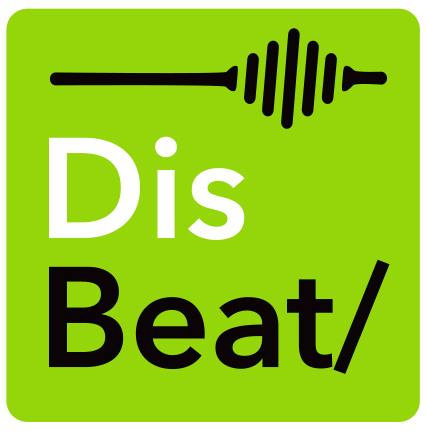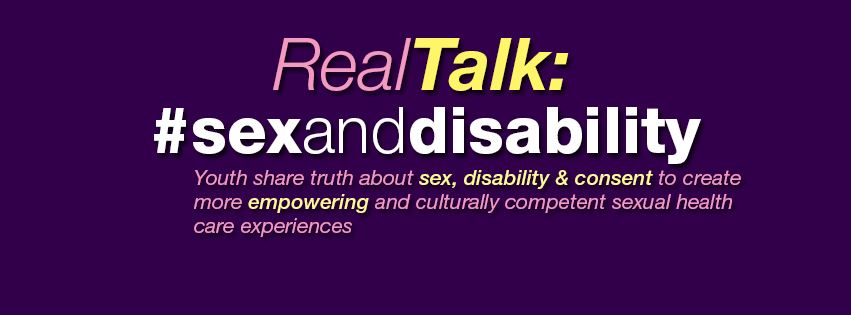Vantage Human Resource Services, Inc. (Vantage) has been contracted to support the expansion and evaluation of the I Can Do It, You Can Do It! (ICDI) Program through September 2016. Vantage’s responsibilities under the provisions of this contract include:
- expanding and evaluating the ICDI program to 20 new sites that have the capability of recruiting 100 total participants including mentors (who are responsible volunteers age 18 or older) and mentees (who are individuals with disabilities) at each site;
- providing technical assistance and professional oversight to Advocate sites;
- making recommendations for program improvement;
- identifying the best and most promising practices for continued program expansion; and
- proposing strategies to enhance program implementation.
ICDI is a national program that was created to inspire all Americans, regardless of ability, to lead healthy lifestyles that include regular physical activity and good nutrition. Specifically developed to address the needs of children and adults with disabilities, ICDI provides tools and resources to schools and community organizations to help facilitate access and opportunities to engage individuals with disabilities in healthy, active behaviors where they live, learn, and play.
To assist with ICDI program expansion, Vantage has developed a Request for Proposals (RFP) to engage stakeholder organizations (K-12 schools and school districts, colleges and universities, and community-based entities) in ICDI implementation. Vantage will provide an incentive of up to $4,500.00 to at least 20 applicants who submit proposals and are selected to participate in the program from December 15, 2015 through August 31, 2016. [Read more…]

 Moving from government funding to diverse income is momentous. It might be easier to hike the Pacific Crest or Appalachian Trail. While most primarily government-funded nonprofits hope to make the journey, few anticipate or know how to minimize the hurdles they’ll face. Few know how to prepare for the journey. This article will help your ingenious nonprofit gear up for this difficult but definitely do-able adventure.
Moving from government funding to diverse income is momentous. It might be easier to hike the Pacific Crest or Appalachian Trail. While most primarily government-funded nonprofits hope to make the journey, few anticipate or know how to minimize the hurdles they’ll face. Few know how to prepare for the journey. This article will help your ingenious nonprofit gear up for this difficult but definitely do-able adventure. The ADA Legacy Project (TALP) has just launched DisBeat, a new communications initiative designed to coordinate and promote proactive messaging on disability rights issues throughout the country. DisBeat will use a variety of communication tools, including social media, to bring attention to disability issues from a disability perspective. DisBeat will also maintain a database of subject-matter fact sheets, talking points and experts.
The ADA Legacy Project (TALP) has just launched DisBeat, a new communications initiative designed to coordinate and promote proactive messaging on disability rights issues throughout the country. DisBeat will use a variety of communication tools, including social media, to bring attention to disability issues from a disability perspective. DisBeat will also maintain a database of subject-matter fact sheets, talking points and experts. A National Teleconference & Webinar
A National Teleconference & Webinar The NCIL Youth Caucus thanks the generous donations from sponsors for youth participation in NCIL’s 2015 Annual Conference on Independent Living. Gifts from donors you made it possible for us to have the largest youth participation that we have ever had at the NCIL Conference! We would like to show how much those contributions made an impact on Generation ADA. Here is a link to a video that expresses our sincere gratitude.
The NCIL Youth Caucus thanks the generous donations from sponsors for youth participation in NCIL’s 2015 Annual Conference on Independent Living. Gifts from donors you made it possible for us to have the largest youth participation that we have ever had at the NCIL Conference! We would like to show how much those contributions made an impact on Generation ADA. Here is a link to a video that expresses our sincere gratitude.
